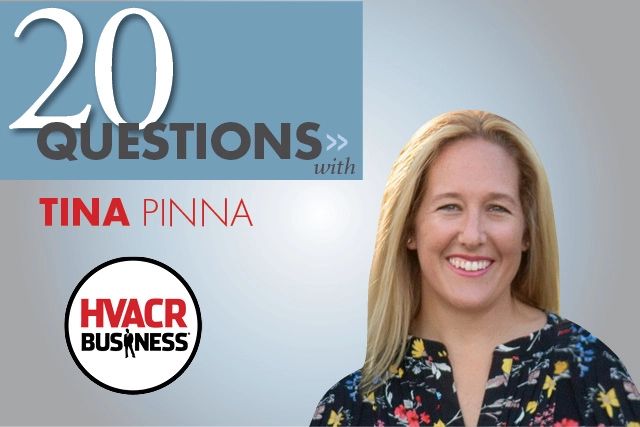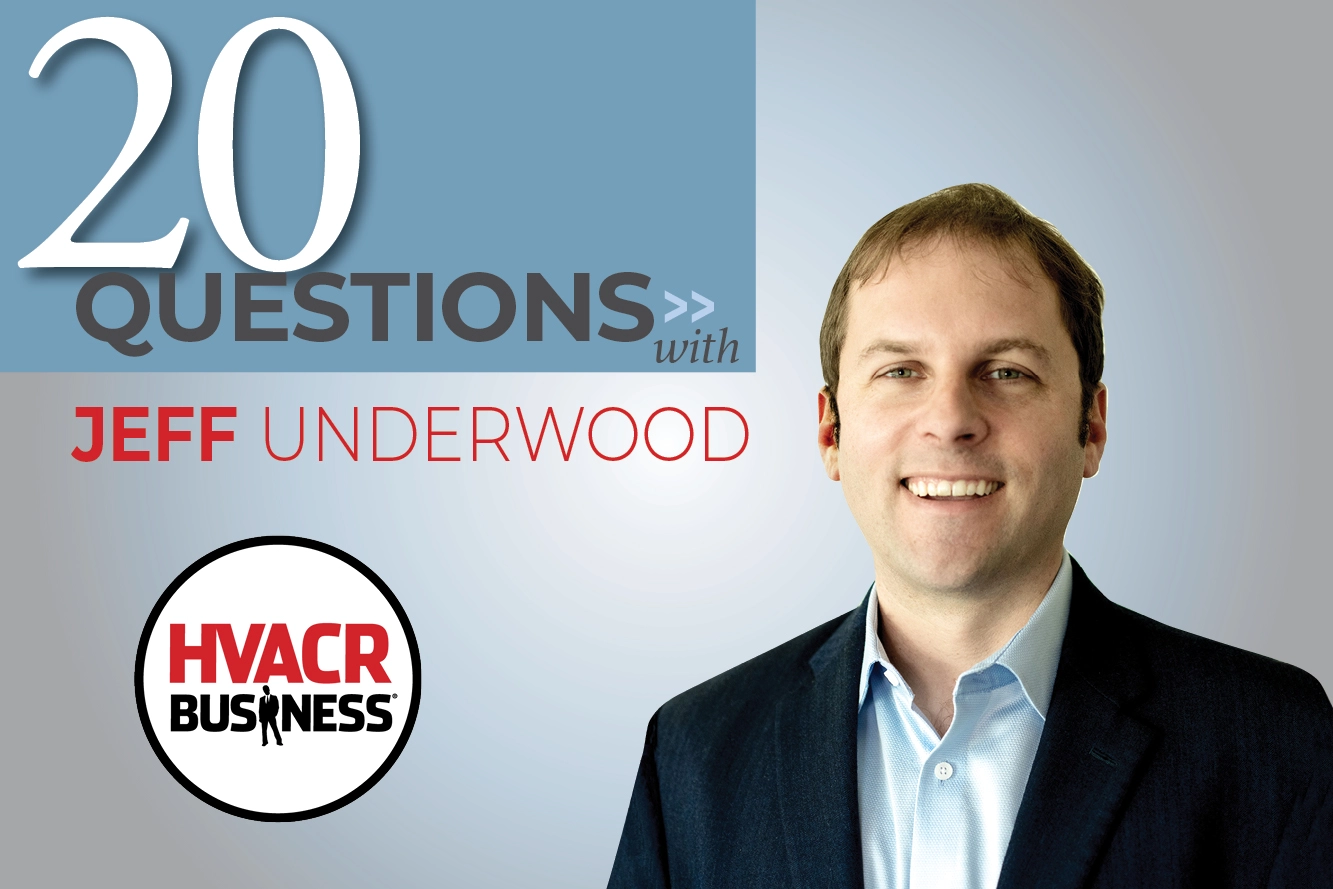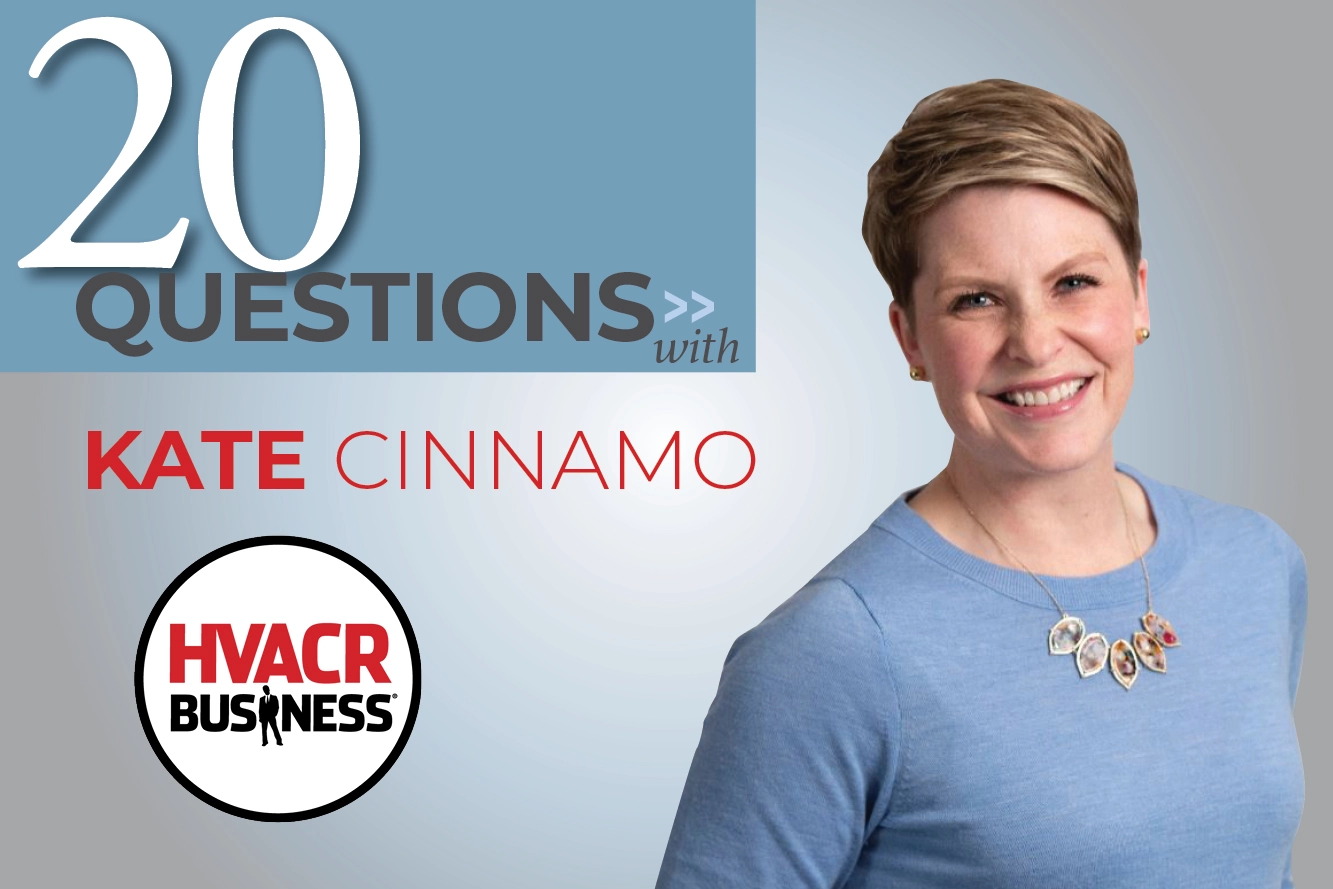We sat down with Tina Pinna, owner of Master Mechanical Services in Miami, Fla. Tina discussed becoming an entrepreneur in the family business, adapting management style to current workforce and the importance of making a decision.
1. Can you tell us about Master Mechanical Services?
I’m from an entrepreneurship family and this is a family business. My parents started it in 1981 and my dad pretty much ran his own truck for a couple of years. When my brother graduated high school, he worked with him. I think it was two or three trucks on the road back then in 1990, and then my brother passed his state mechanical license.
2. When did you get involved?
I went away to college … I said I was never moving back to south Florida. But, I went to college for an entrepreneurship program and three years into school I figured out that I didn’t want to work for anybody else, so I approached my dad. He told me, “Well, you’re not just coming to join the company. You’ve got to tell us what you’re going to do for it.” He made me write up my idea of what I was going to do for the company.
3. What did that plan include?
At that point, he had moved from the house into a warehouse … it was a double warehouse that had a sandwich shop as well. So, my plan was to manage that, so he had no more issue with that and grow that business and double the sales there. In addition, for Master Mechanical, I was going to be the financial person.
4. How did you grow in that role?
My parents were great on the entrepreneur side, but they didn’t have anybody in the company with financial background. I really helped with saving, from expenses to purchasing that was learned in school to doubling our preventative maintenance.
5. What is your brother’s role?
Actually, my brother had been working with my parents for eight years already when I joined. My husband came from a background of sheet metal in his family, and we actually both joined the company. At that time, my brother took a reprieve and became a Mechanical Inspector for a municipality down here, but he realized he didn’t really want to work for anybody either. He came back and we’ve all been together.
6. Are your parents still involved?
My parents are still here. My brother and husband are here, and we have 30 employees. I’m considered CFO and still handle all the financial and purchasing side of the business, as well as a little bit of everything else. My dad took a step back from the company about 15 years ago, but he’s still in here every day. My mom’s still in here every day too for about four hours. We’re figuring that next step out because they’ve never known anything different.
7. So who owns the company now?
We changed that structure about four years ago so that my parents weren’t sole owners. My mom is still president with majority and myself, my husband, and my brother are all owners as well as my dad. All five of us have an ownership stake.
8. What’s it like to work with family?
Day by day. We each have our place. There were some moments, but every one of us has an area: my brother primarily does estimating, my husband runs the field and I run everything else. The key is to have respect for one another and not question their final decision but be open to discussing it with the person without questioning their capability.
9. What about the next generation?
Actually, my son is 16 turning 17, so he’s actually working for us … pulling a trailer and doing duct work on jobs and reading plans. So yes, we’re bringing up and teaching the next generation of the family business.
10. What’s your business mix?
We are 80 percent commercial, 20 percent residential. We aren’t big in residential, only because south Florida has so many single car companies driving around, that we don’t chase the residential work as much. The upper end residential, yes. But those are mostly referrals coming in from our commercial work.
11. What do you view as the most important aspect of your job?
Cost savings and cashflow. Whatever I can save on my end; that’s having the same person do it all when it comes to the financial aspect of it. So, if I’m purchasing and I’m able to save $500, I’m seeing both sides of it. I do all the billing as well and all the collection on the commercial side and pretty much 90 percent of the purchasing. I can see the savings on the materials and the importance of the cash flow of getting the billing out.
12. How would you describe your management style?
The company is family driven so we are a flexible company. Coming out of Florida State, I’m the first one in the family and the only one with a college degree. We modify our management to keep what we have happy. I have employees here more than 22 years that started with pretty much no knowledge and they’ve been here as long as I have been. That’s just different for a small family company.
13. What’s the labor force like in your market?
Our labor here is restricted or non-existent. We pretty much take anyone. We just hired two guys in their early 30s with absolutely no experience, so our management style is not strict due to what is available in the industry.
14. What training do you provide?
Back in the day, my dad and my brother would put somebody in their truck and train them. But, as they’ve moved up, and they’re no longer in the trucks, we don’t have the same training happening. We’ve had relied on our more experienced technicians to do it: put a helper in their truck, learn what they need to learn and then they move on up the tier.
15. What is the biggest challenges?
Knowledge of the technology. The technological change on the product itself, surpassing what my labor knows and there’s no training that can cover all brands or all different thermostats or anything. One of our other big ones is dispatching, so we’re actually in the process of introducing our first dispatch software into the company.
16. How important is company culture?
I’ll give you an example. We were behind last weekend and my husband had worked on the job and not just a supervisor or project manager. I sent an email out on Thursday asking anybody in the company if they could work Saturday and Sunday. And he had 12 people join him and they worked all day Saturday, half day Sunday right along with him.
17. What else gets employees involved?
The social involvement brings the company together, and really, it’s simply letting everyone know what we’re doing. If you want to participate, you’re welcome to. Nothing’s mandatory. So, there’s just respect from the business side of having the guys work out there.
18. What’s your best advice?
My dad used to have up on a paper, “Let’s get it done.” So, do whatever it takes to get it done … make a decision and go with it because it’s better to make a decision and fail than to never have made a decision at all.
19. Who are your role models?
I’ll say my parents, only because they started what we have here now even though it’s not the same. It’s outgrown and surpassed what it was, but they started it all.
20. How do you manage profitability?
It’s watching everything. I have other people in the office, but all check writing goes through me; all payables. I review the receivables every week too. The profitability is the amount of effort you put in personally, into the company to review everything.






